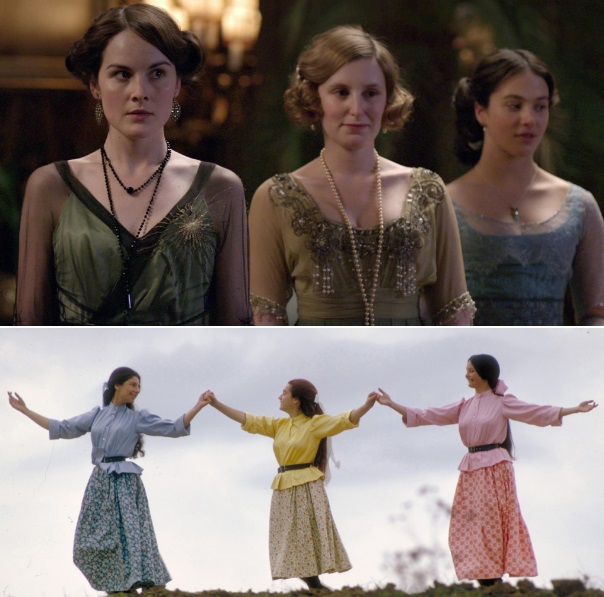
The narratives surrounding the television series ‘Downton Abbey’ and the musical film ‘Fiddler on the Roof’ are about change and more specifically, how the daughters within both families represent the small, but important contributions that these characters make to modern feminist narratives. … In both ‘Downton Abbey’ and ‘Fiddler on the Roof,’ each trio of sisters takes a step in determining her own fate.
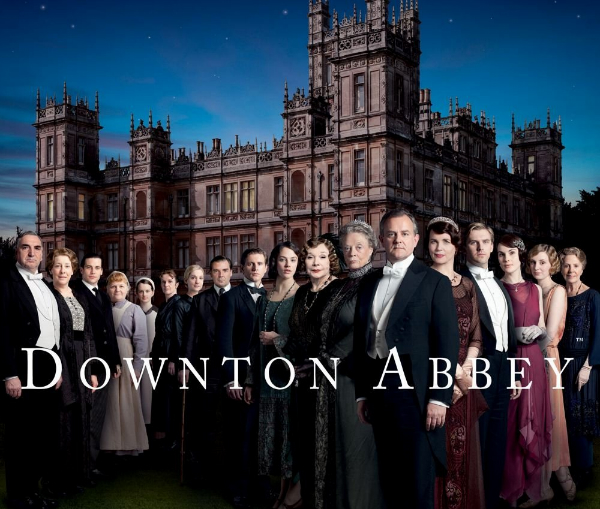
Continually insisting that rapists can only be unfathomably monstrous Others and virtual strangers who physically brutalize their victims serves to hide who the real rapists are: brothers, sons, fathers, husbands, friends, and colleagues. Anna’s bruises serve to delegitimize the experiences of survivors who don’t bear a physical mark of the absence of their consent. We need a wider representation of the range of survivor experiences when it comes to rape and sexual assault so that we can begin to dismantle rape culture and develop a system that is capable of identifying rapists and that values the stories of survivors.
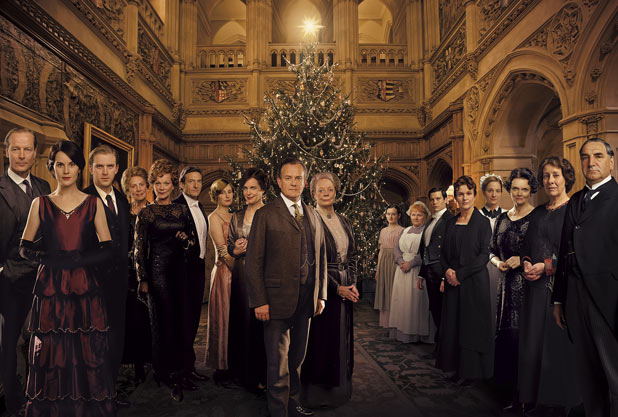
This is a guest review by Amanda Civitello and is published with permission. Note: this review contains no spoilers for Season Three. “Christmas at Downton Abbey” (The Christmas Special). Downton Abbey: Season Two Original UK Edition. Writ. Julian Fellowes. Dir. Brian Percival. Masterpiece Classic/PBS Distribution, 2012. The cast of Downton Abbey The Emmy-nominated second season … Continue reading “A Gilded Cage: A Feminist Critique of the ‘Downton Abbey’ Christmas Special”
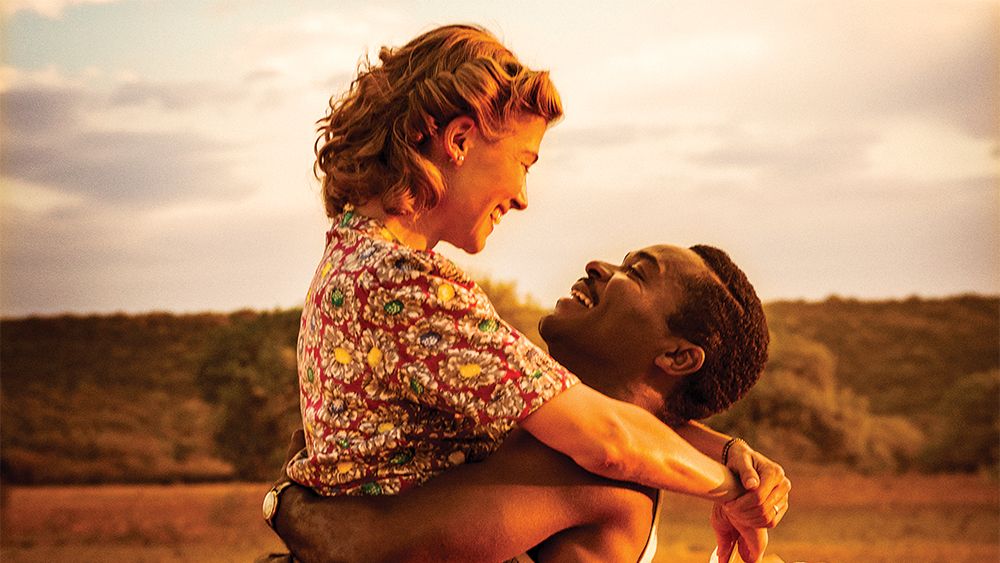
Actress Thandie Newton argues that “historical dramas ‘limit UK Black actors’.” Churning out endless projects about the royal family and the so-called “good old days” isn’t doing Black actors any favors. …”Historical/period drama” is one of the worst genres for inclusion of Black characters, with a whopping 80% of such films having no named roles for Black actors whatsoever. …Period dramas and Black stories aren’t mutually exclusive, as Amma Asante shows us in ‘Belle’ and her latest film, ‘A United Kingdom.’

Feminists know a good deal about having and voicing unpopular opinions about films and television. There are often uncomfortable truths about well-loved movies or series. While many people prefer to either ignore those uncomfortable truths or deride those attempting to expose them, it is imperative that we remain active participants in the consumption of media.
Check out all of the posts from our Sisterhood Theme Week here.

Check out the 2016 Golden Globe nominations honoring film and television with links to our reviews and articles providing feminist commentary!
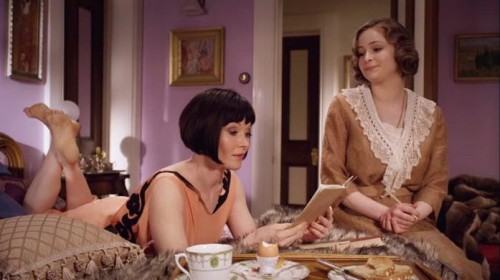
Phryne acts just as independent and liberated outside of the bedroom. She knows how to fly a plane, she delights in driving her own car, a Hispano-Suiza, and totes around a golden revolver with a pearl-encrusted handle. Oh, she also has impeccable taste in clothes.
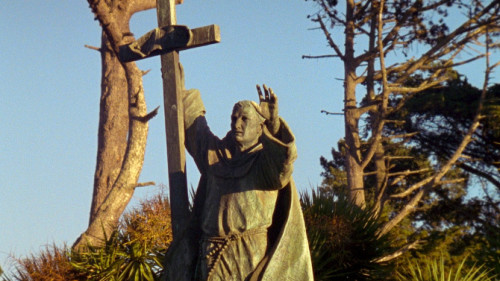
Olson is one of the only butch-identified filmmakers who also makes films about butch identity. The closest another recent film has come to including “butch” anything was ‘Blue Is The Warmest Color,’ a film from a straight male director in which a straight actress, Léa Seydoux, played a recognizable butch. In that role Seydoux was still firmly within the bounds of what straight male directors and producers deem “fuckable“–conventionally pretty and sexy even with short hair, minimal makeup and “tomboy” outfits.

People of color are often omitted from historical dramas (except to play slaves or servants), with the rationale that it’s not “realistic” to have them in the cast. We can see through this excuse in historical dramas in which casting people of color would match the story being told, but white people still have the biggest roles in–and sometimes even make up the entire cast of–the film, as in the recently released ‘Noah.’ Historical “realism” is not always what we think it is: literature and visual art through the ages confirm that people of color who weren’t slaves, like Alexandre Dumas the author of ‘The Three Musketeers,’ have been in Europe for as long as people have lived there. We need to see more of their stories onscreen.
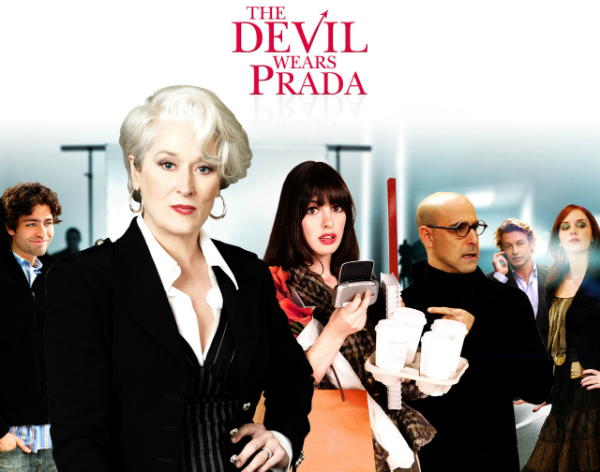
Our contempt for Miranda Priestly is due, in large part, to the way the film contextualizes her decisions, not just her personality. In making her into a shrill caricature of a woman executive whose single-minded focus on her career ruins her personal life, the film, like so many others, shortchanges the potential of a character like Miranda.
# The 100 3rd Rock from the Sun 30 Rock 2 Broke Girls A Ackee & Saltfish Adventure Time Agent Carter Agents of S.H.I.E.L.D. Alias All-American Girl Ally McBeal Alphas American Crime American Horror Story American Horror Story: Asylum American Horror Story: Coven American Ninja Warrior The Americans Angel Anne of Green Gables Archer The … Continue reading “TV Directory”









